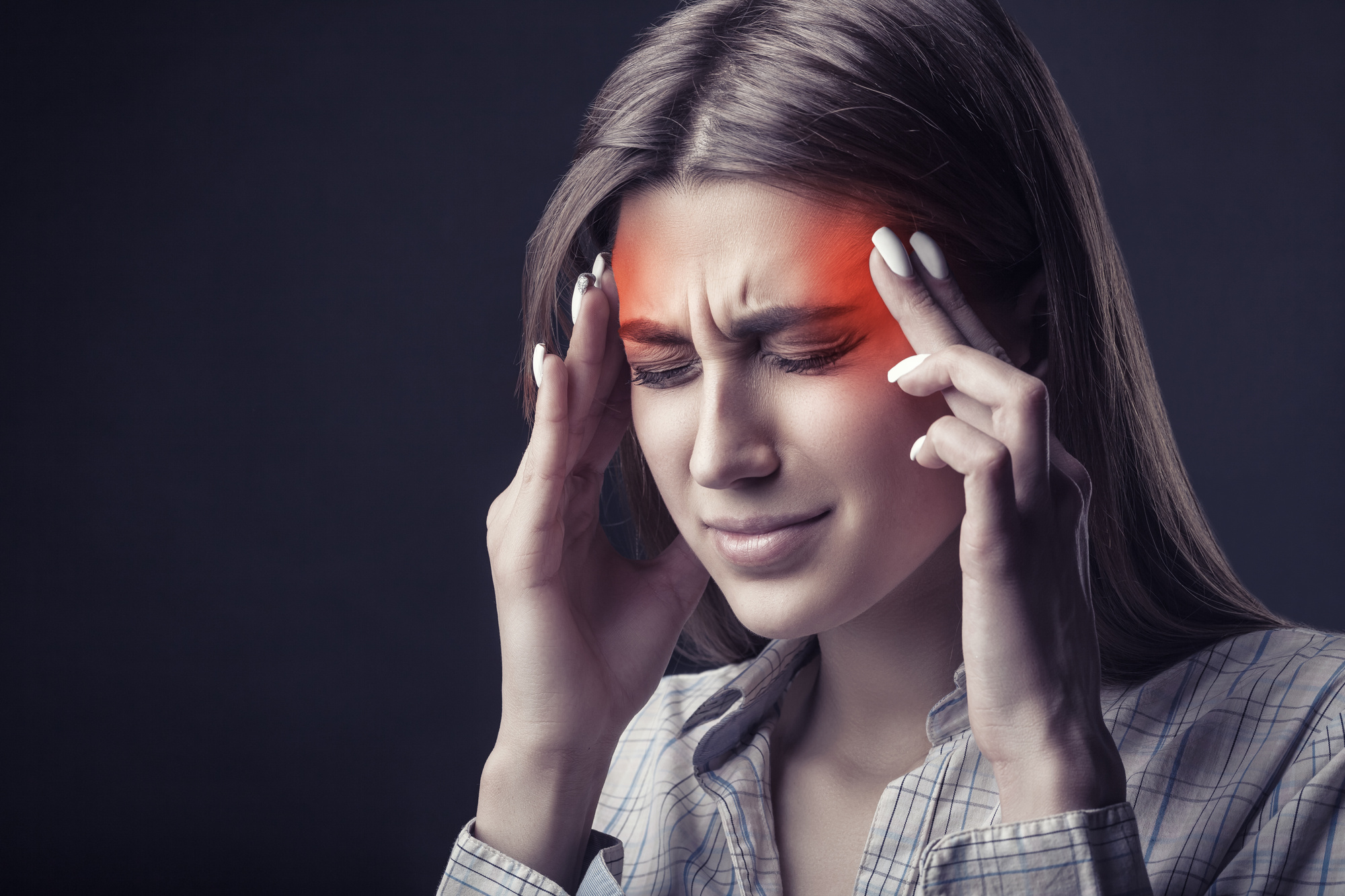You get a migraine, take some medicine, and the migraine goes away. And then the next day, you get a migraine again. It’s the gift that keeps on giving.
The next time, you take more medicine to take care of the migraine, but it comes back repeatedly. Eventually, you’re taking medicine more than once a day to help alleviate the pain of your chronic migraine.
Are there other treatment options to rid yourself of chronic migraines? Let’s take a look at the chronic migraine treatment.
Antidepressants
Antidepressants stabilize chemical imbalances in the brain that can be triggered by stress or other factors. They are commonly prescribed to relieve the pain and other symptoms associated with chronic migraine. These medications can also improve coping skills and reduce fatigue and depression associated with chronic migraine.
Because of the potential for side effects, a person needs to discuss lifestyle and health factors with a doctor before deciding if antidepressants are the best option for them. As with any medication or treatment, it can take time to determine what works best for each individual.
Botox Injections
Botox injections are an effective treatment for chronic migraine. This provides one of the most effective treatments for headaches, migraines, and facial pain. Botox has been repeatedly demonstrated to be an effective treatment for migraine pain.
Botox injections work by blocking the release of substances that cause facial pain. It reduces muscle tension around the head and neck. This can result in lasting relief without the need for invasive surgery.
The procedure is relatively fast and takes only a few minutes. It is minimally invasive; it only requires local anesthesia. Side effects are minimal but may include localized swelling, bruising, and pain.
Botox injections are effective for many people with chronic migraine. It provides effective relief without having to undergo surgery or take medications daily.
Antiseizure Drugs
They work by reducing abnormal hyperactivity in the brain. This can be a significant trigger of the frequent and intense migraines experienced by those with chronic migraines.
It is important to note that these drugs can effectively manage symptoms. They can also cause several side effects, such as:
- sedation
- cognitive decline
- difficulty concentrating
- nausea
- vomiting
Talk to your doctor about the pros and cons of each antiseizure drug option. Decide which drug can work best for your individual needs and lifestyle.
Blood Pressure Medications
Blood pressure medications can be an effective solution for people with chronic migraines. Calcium channel blockers, ACE inhibitors, and angiotensin II receptor blockers can help reduce the frequency and severity of migraine attacks.
Beta-blockers, which are traditionally used to treat high blood pressure. These medications help relax blood vessels and reduce the activity of nerve signals that can trigger a migraine. It can also be used to alleviate problems with migraine headaches.
Beta-blockers may also help reduce an attack’s intensity and duration. In addition, many migraine medications are also used to treat high blood pressure and vice versa.
Triptans
Triptans are a type of serotonin receptor agonist/antagonist. This helps to reduce the intensity of both the pain and accompanying symptoms of migraine headaches. The triptans most commonly prescribed are sumatriptan, zolmitriptan, and naratriptan.
These medications target the part of the brain. Serotonin plays a role in the onset and progression of migraine. Side effects of triptans include nausea, vomiting, drowsiness, and warmth or tingling in different body parts.
It is essential to always consult with a doctor before deciding if triptans are the best course of action for chronic migraine treatment.
CGRP Receptor Antagonists
CGRP Receptor Antagonists are designed to help reduce the frequency and severity of chronic migraines. This medication is generally taken once monthly. This helps to block the activity of the neurochemical calcitonin gene-related peptide or CGRP.
CGRP is linked to pain pathways and is believed to be responsible for chronic and acute migraine attacks. CGRP Receptor Antagonists are generally well tolerated.
Studies have also suggested that these medications may be helpful for migraine prevention both for adults and children. They are proving to be adequate for chronic migraine sufferers as an option for treatment.
Dihydroergotamine
DHE has been used since the 1960s and is considered safe and effective. It is usually delivered by an injection or by using a nasal spray. It can effectively reduce the frequency and intensity of migraine attacks.
The most common side effects are nausea, vomiting, flushing, and diarrhea. It works by constricting the blood vessels in the brain, which reduces the symptoms associated with a migraine attack.
Some people with chronic migraines report that the injection form of DHE is more effective. All forms of DHE have been found to relieve the debilitating—this often painful symptom of migraines.
Ditans
This drug works by calming down the serotonin receptors in the brain, which can help to ease migraine symptoms. It works quickly, providing relief within a few hours, and is safe and effective. This can be beneficial to those who suffer from regular and debilitating migraines.
In addition to taking this medication, it is essential to make lifestyle changes. Taking preventative medicines can also help to reduce the frequency and intensity of migraines.
Ditans is easy to take and is an excellent choice for those looking for a safe. This is an effective way to manage their chronic migraine symptoms.
Antinausea Medicines
They are only part of the broad spectrum of treatments available to sufferers of chronic migraines. These medicines can be taken alone or combined with other medications, such as analgesics, to help with the nausea and vomiting accompanying migraines.
Antinausea medicines can also decrease the severity or frequency of migraines. Some medicines, such as Prochlorperazine, can also be used as an additional treatment when other medications are not providing relief.
To know more about treating migraines, view this headache specialist.
Choose the Best Chronic Migraine Treatment
Chronic migraine is a severe medical condition that needs to be managed with medical attention. Fortunately, various treatments are available to help alleviate the pain and frequency of migraine attacks. If you are suffering from chronic migraine, speak with your doctor to discuss the best chronic migraine treatment option for you.
Many helpful treatments are available – don’t hesitate to take charge of your health today!
If you enjoy this article, check out our blog for more exciting content!










